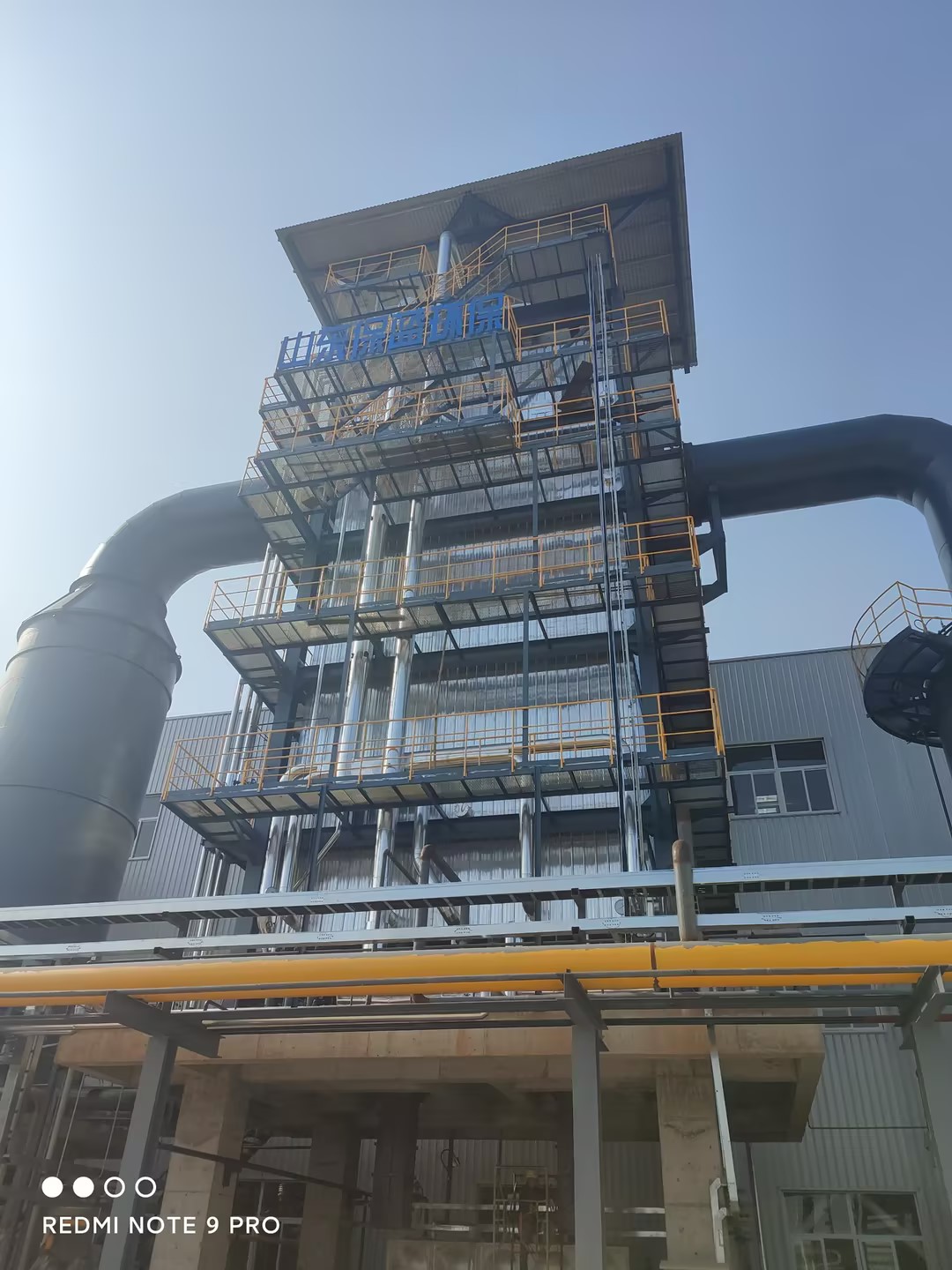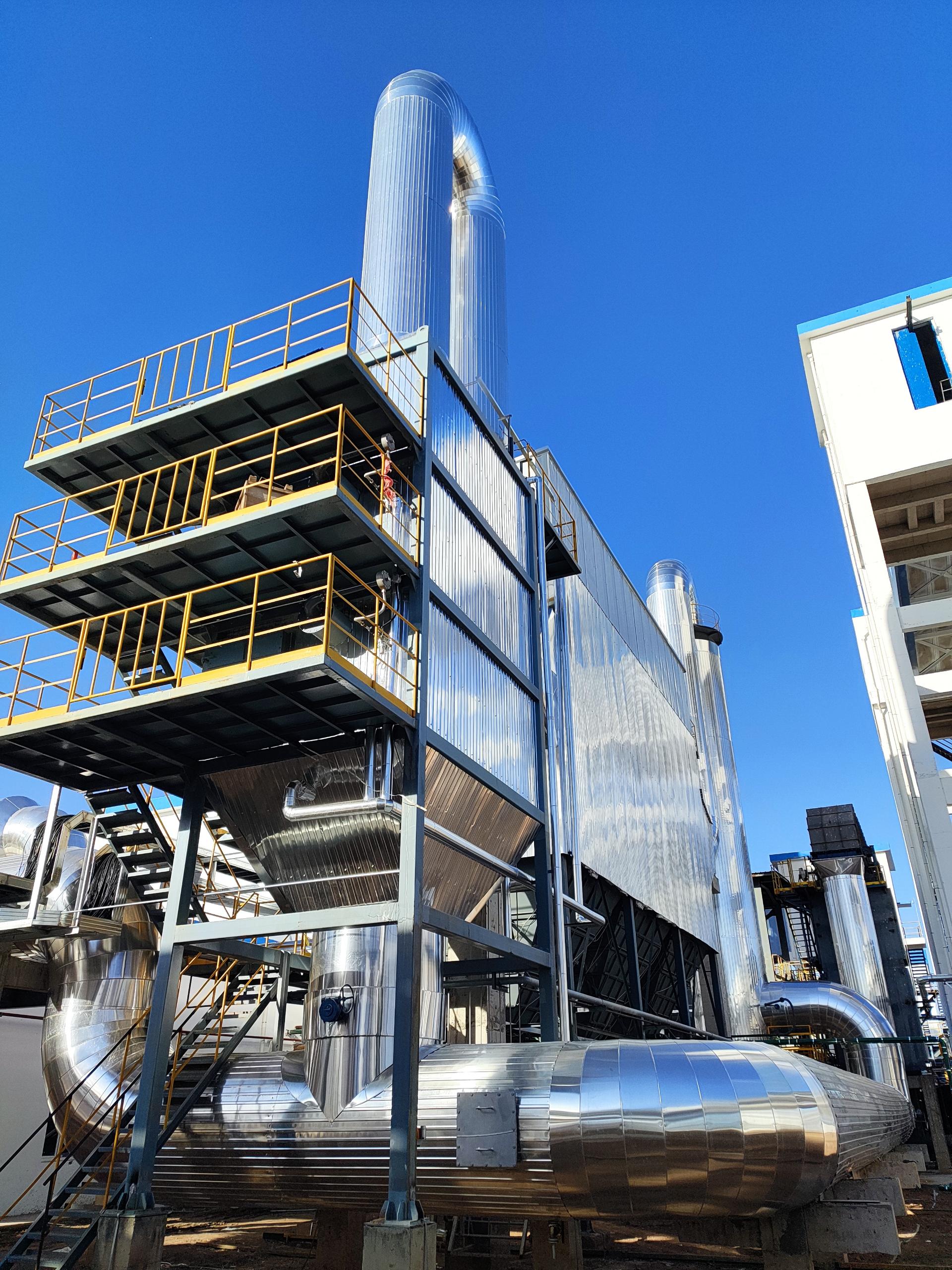Welcome to BAOLAN EP INC.
24-Hour Hotline
- Carbon Capture Utilization
- VOCs series
- DeSOx-DeNOx-Dedust
- Consumables

Contact Baolan

Address: Jurong East Road, Huantai Industrial Park, Zibo City, Shandong Province
Tel: +86-135-8959-1050
E-mail: [email protected]
Tel: +86-135-8959-1050
E-mail: [email protected]
Common Problem
FAQ about Ammonia Water in De-Nitration Reaction
时间: 2025-06-13 16:15
FAQ about Ammonia Water in De-Nitration Reaction Q1: Why is ammonia water used in the denitrification system? A1: The denitrification system uses ammonia water to reduce nitrogen oxides (NOx) to harmless nitrogen (N?) and water (H?O) du
FAQ about Ammonia Water in De-Nitration Reaction
Q1:
Why is ammonia water used in the denitrification system?
A1:
The denitrification system uses ammonia water to reduce nitrogen oxides (NOx) to harmless nitrogen (N2) and water (H2O) during the selective catalytic reduction (SCR) or selective non-catalytic reduction (SNCR) processes, thereby meeting environmental emission standards.
Q2:
Why choose ammonia water instead of other reducing agents?
A2:
Ammonia water has the following advantages:
High reaction efficiency: It reacts with NOx to produce N2, with a mature reaction pathway.
Good economy: Ammonia water has a low cost, and operating expenses are controllable.
Strong equipment compatibility: It works stably with existing denitrification equipment, and the technology is mature.
Relatively good safety: Compared to liquid ammonia, ammonia water has a lower concentration, making transportation and storage safer.

Q3:
What is the working principle of ammonia water denitrification?
A3:
In the SCR system, ammonia water is atomized by the ammonia spraying system and injected into the flue gas, where it reacts with NOx under the action of a catalyst as follows:
4NO + 4NH3+ O2→ 4N2+ 6H2O
2NO2 + 4NH3 + O2→ 3N2 + 6H2O
In this way, most of the NOx is reduced to nitrogen and water vapor for discharge.
Q4:
Does using ammonia water pose safety risks?
A4:
Compared to liquid ammonia, ammonia water has a lower concentration (generally around 25%), and in the event of a leak, it has lower volatility, reducing the risk of explosion and poisoning. However, precautions still need to be taken:
Good ventilation in the storage tank area
Operators should wear protective equipment
Installation of Ammonia Leak Alarm Device
Proper operation can greatly reduce risks.

Q5:
Are there any alternative denitrification reducing agents to ammonia water?
A5:
Yes, such as urea, liquid ammonia, etc.:
Urea: Higher safety, but needs to be thermally decomposed into ammonia gas to participate in the reaction, increasing system complexity.
Liquid ammonia: Better reaction effect, but high storage and transportation risks, subject to strict safety regulations.
Therefore, ammonia water achieves a good balance between economy, safety, and reaction efficiency, making it the most commonly used.

Copyright © 2014-2023 BAOLAN EP INC.
Telephone: +86-135-8959-1050 E-mail: [email protected]
Address: Jurong East Road, Huantai Industrial Park, Zibo City, Shandong Province




